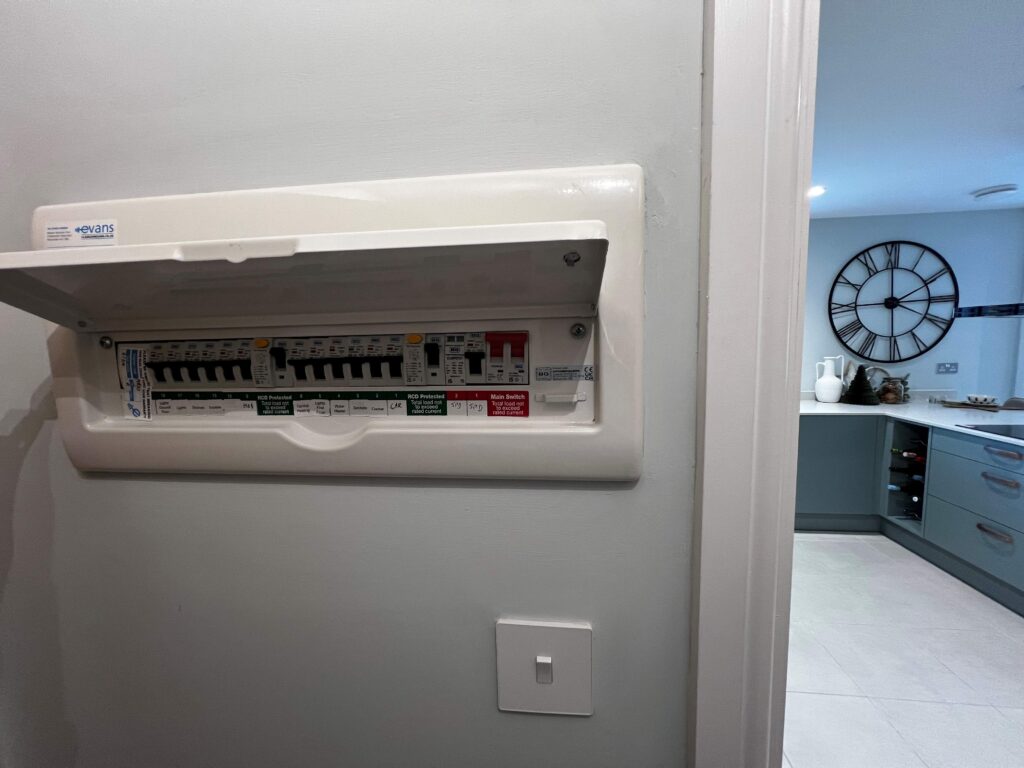On the 1st of April, the government introduced a new 3% stamp duty surcharge to be paid by those buying buy-to let properties and second homes, and was met by loud opposition from landlord groups.
When asked whether they support or oppose the stamp duty surcharge on second homes, more than twice as many people support the policy as oppose it, according to the 2016 Homeowner Survey conducted by YouGov for HomeOwners Alliance and BLP Insurance. 47% of UK adults support the stamp duty surcharge, while 18% oppose it and the rest are neutral (20%) or don’t know (15%).
Supporters of the stamp duty surcharge on second homes believe the measures are a good way to level the playing field between those buying a home to live in and those making an investment purchase. One said:
“The buy to let market is slowly destroying the overall housing market and making affordable properties less available for those wanting to own a home as their principal place of residence.”
Some feel there has been a shortage of homes available for first-time buyers and this will make it harder for buy-to-let investors competing to purchase similar properties. There are some anti buy-to-let feelings – a sense that buy-to-let may have been inflating house prices and pricing out local residents in some areas. Some also feel that those able to afford to buy a second home or to buy a property for the purpose of letting it out and making profit should be able to afford to pay higher stamp duty on their purchase.
Those who oppose the stamp duty surcharge on second homes suggest the policy could have unintended consequences such as the surcharge being passed on to tenants in the form of higher rent. Comments also indicate that they feel the government is making another tax grab or that the policy is anti-enterprise.
“I have been saving for some time (5 years) to be able to afford to purchase an investment property. This change has now meant that it is not feasible for me to do so. It is unfair to penalise people who work hard and save.”
Stamp duty reforms introduced at the end of 2014 which replaced the slab structure of tax with a progressive stamp duty tax were also well-received with one third (33%) saying the reforms make buying their first home or moving up the ladder more affordable according to the 2015 Homeowner Survey. Concern over stamp duty has also subsided substantially. The annual survey, which tracks top housing concerns, found in March 2014, that two-thirds UK adults (64%) said stamp duty was a serious problem, whereas two years on, only half (52%) say stamp duty is a serious problem (down 12%).
Paula Higgins, Chief Executive of HomeOwners Alliance, said: “The British public believe that homes are for living in and not speculating with. The stamp duty surcharge might be bad for landlords but it will allow more young people to realise their dream of owning the roof over their head. This is why we initially called for the tax system to differentiate between aspiring homeowners and property investors. However, we must see the money raised ploughed back into building more affordable housing.”
Kim Vernau, Chief Executive Officer, BLP Insurance said: “There is a dichotomy in the UK housing market between being able to afford to buy or rent a home. The current government policy in respect of stamp duty is clearly supporting first time buyers to access the market, which is a positive. The downside is the fact that this impacts adversely on those who cannot afford to raise a deposit and have to rent. The increase in stamp duty land tax will deter both individuals and, equally importantly, institutional investors from investing in the provision of long term rental properties, which are needed to help unlock the housing crisis we are experiencing. There needs to be a balance, not least as rental investments will also support the affordable housing sector.”
Reasons for Supporting Stamp Duty Surcharge on Second Homes (Verbatim Comments):
Homes are for living in, not for speculation:
“The buy to let market is slowly destroying the overall housing market and making affordable properties less available for those wanting to own a home as their principal place of residence.”
“May put off buy to let landlords, so giving people who want to buy a property as their own home a better chance.”
Some feel there has been a shortage of homes available for first-time buyers and this will help first-time buyers who have had to compete with buy-to-let investors for similar properties:
“It might help reduce number of people buying property for financial gain and allow first time buyers to have a chance.”
“First time buyers should be buying these properties. People only need one home to live in.”
Being able to afford to buy a second home is seen to be a luxury that warrants higher taxation. Similarly, some feel that homes bought for profit should be subject to higher stamp duty:
“If you can afford to buy another property, you can afford to pay tax on it.”
Second home buyers/ buy-to let seen to be driving up house prices and pricing out local residents in some communities:
“Buy to let are pricing people out of where they were brought up, so anything to make it fairer for them I support.”
Reasons for Opposing Stamp Duty Surcharge on Second Homes (Verbatim Comments):
Penalising those who work hard, save money to invest:
“It is wrong to penalise those who have worked to be able to afford either a second home or a buy-to-let property. Why do we punish those who are successful and who can afford to do these things.”
“Seems the government are keen on destroying enterprise.”
More taxation/ just another way of obtaining tax/ unfair tax
“Another taxation in the back door. It’s the only way to earn any interest on your savings or pension pot and now they want to double tax you on it.”
“The Government are charging a tax on buying homes. Why not just be honest and call it VAT and charge 20% like they want to do?”
Not the answer to addressing housing problems/ will create problems/ push up rent
“There is a great need for private rental properties – this is just another way of the Government raising taxes to the detriment of others.”
“I own buy-to-let properties as part of my retirement plan. I am a celebrated good landlord. The Chancellor has taken me and others like me as an easy target and hit me with different taxes in this last budget, which can only lead to an increase in rents for the poorer people who need to save for their own homes. The usual short term politics that have implications beyond the headline news.”











